Bernard Henri Levy’s latest book, The Virus in the Age of Madness, contains a striking quote from Rudolf Virchow, the 19thcentury father of pathological anatomy: ‘An epidemic is a social phenomenon that has some medical aspects’. He was right. Catastrophes are society’s great illuminators. From Pompeii to coronavirus, the governing axiom is clear: if you want to discover the essence of something, stress test it. As we start to emerge from the first chapter of what will be, I suspect, a long coronavirus saga, what has the virus taught us about ourselves?
There are several answers. It has revealed how divided we are; and posed the question of how much influence in political affairs we should give to the medical experts we defer to. Most immediately, if the virus has made one thing clear it’s that the culture war we have been fighting ever since we decided to answer a yes-no question along almost 50-50 lines remains very much alive.
Why there is a connection between whether you voted for Brexit and whether you think the lockdown is unnecessary or overdone I can’t say for sure. Though I suspect it’s to do with a greater suspicion of overweening state (and indeed supra-state) power. Believe it or not, these last few months – when no major institution has yet failed and most people are still getting paid, either by their employers or the government – is the good part. A depression is coming, and a long and ugly Covid post-mortem will come, too. Expect the apportioning of blame to divide along close to 52-48 lines.
This fits into a broader, global, divide. In his book, which is typically brilliant, Levy sees two coronavirus madnesses: those who deny it and those who overreact to it – and lambasts both. He reviles the possibly criminal negligence of Donald Trump and those who tried to pretend none of this was happening. But he also understands how many on the other side underestimated, or worse still, ignored, the terrible economic effects of the shutdowns, not just among the developed nations but in the poorest parts of the world. This, too, is a legacy of the virus.
And what of our doctors and scientists, now politically front and centre? I was always lackadaisically content to let ‘science’ answer the key questions. But as Levy points out ‘talking about scientists, is tantamount to listening to a non-stop quarrel’. Science may be our best hope of understanding the world, but it’s not settled. If you bring it into government are you not, at least to a degree, ‘inviting Fireworks and Chaos to sit at the king’s table?’
This is a question that really does need answering. Boris Johnson’s failure to challenge his experts’ strategy has come in for criticism. But in a time of medical crisis, who ultimately makes the final decision: the politicians or the experts? Or as Levy puts it: are we better off with a white coat than a Yellow Vest?
Levy mistrusts if not the doctors and scientists then the unquestioning indulgence they have sometimes commanded. He’s right to do so. He remembers how the obsessive medical gaze of Edouard Toulouse, a special adviser to French president Léon Blum’s health minister, led him to champion eugenics. What about the ways in which the CCP has co-opted the medical ‘expertise’ of its doctors to justify endemic bio-surveillance? This system of invasive technologically-sophisticated surveillance imposed upon a population in the name of pandemic prevention is one logical end point to all this. If not for us, then at least for many less fortunate citizens around the world. Imagine what Belarus’s Alexander Lukashenko would do with tech like that.
Britain’s medical establishment is brilliant but also fallible. The government must consult it unfailingly but make the final decisions. Boris must govern. Not least because unlike our doctors and scientists and epidemiologists he was elected; we can throw him out.
How could a post-Covid world look? I asked Levy earlier this week. ‘One in which health is more important than freedom, and that the latter can be sacrificed on the altar of the former,’ he answered. ‘Where we fear our neighbour; fear being close to him; a society where if we meet him in the street and he is unmasked, he is a potential enemy, a threat.’
This seems, if not exactly likely, then depressingly possible. If this it to be our post-Covid future, it would be a reactionary one. We would have walked backwards into the future. Clearly we must internalise what the virus has taught us about hygiene and food safety and personal responsibility. But we must not let it erode our basic humanity, or the liberties it took us centuries to obtain. If this were to happen then it would have defeated us.
Got something to add? Join the discussion and comment below.
Get 10 issues for just $10
Subscribe to The Spectator Australia today for the next 10 magazine issues, plus full online access, for just $10.

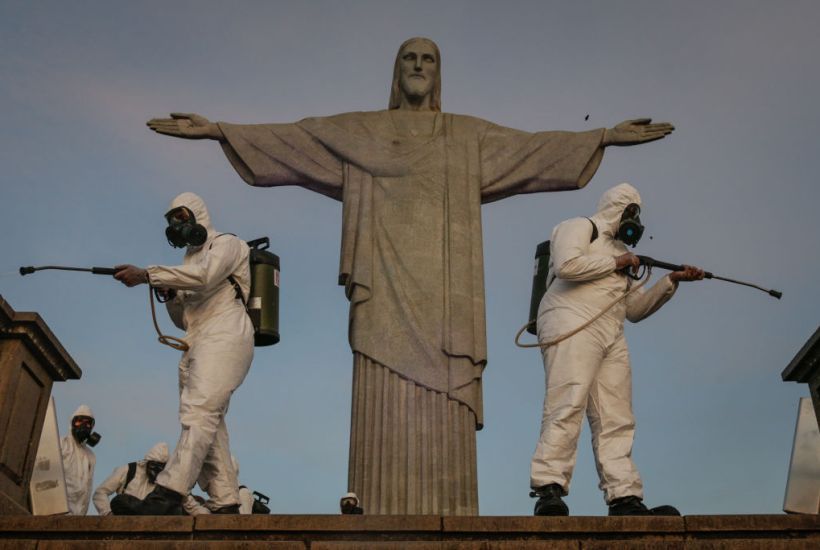


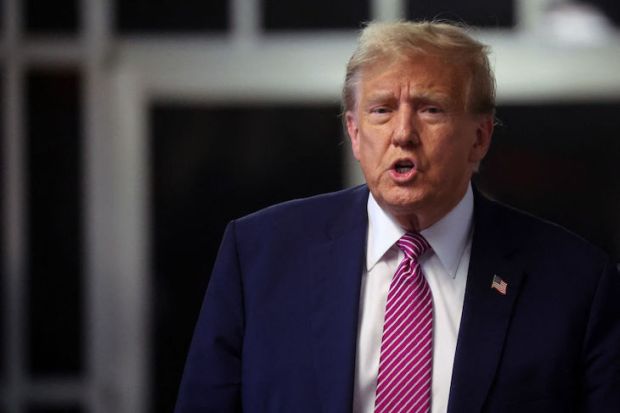
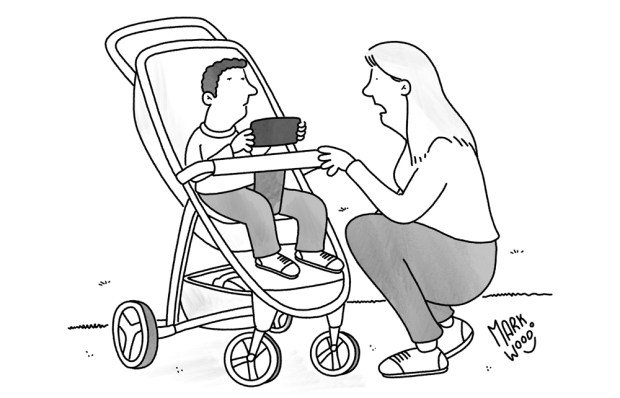
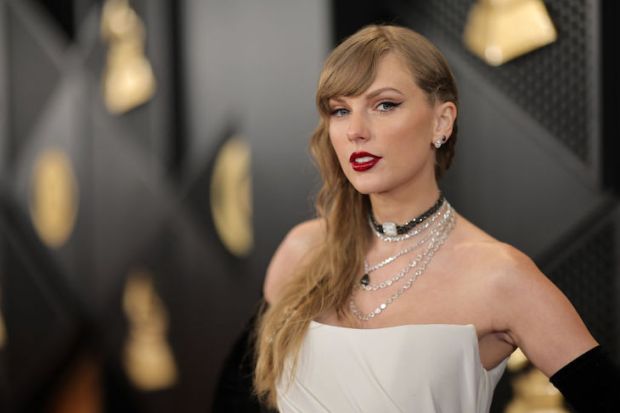
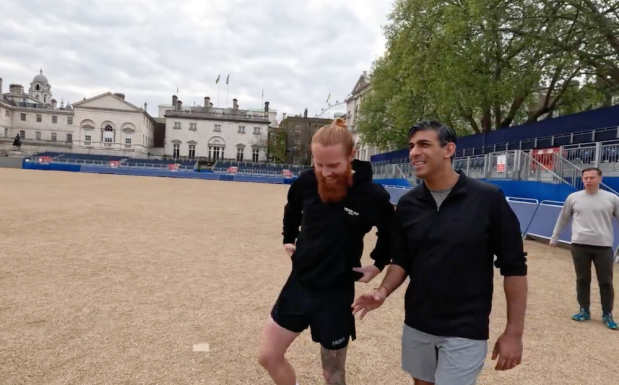












Comments
Don't miss out
Join the conversation with other Spectator Australia readers. Subscribe to leave a comment.
SUBSCRIBEAlready a subscriber? Log in